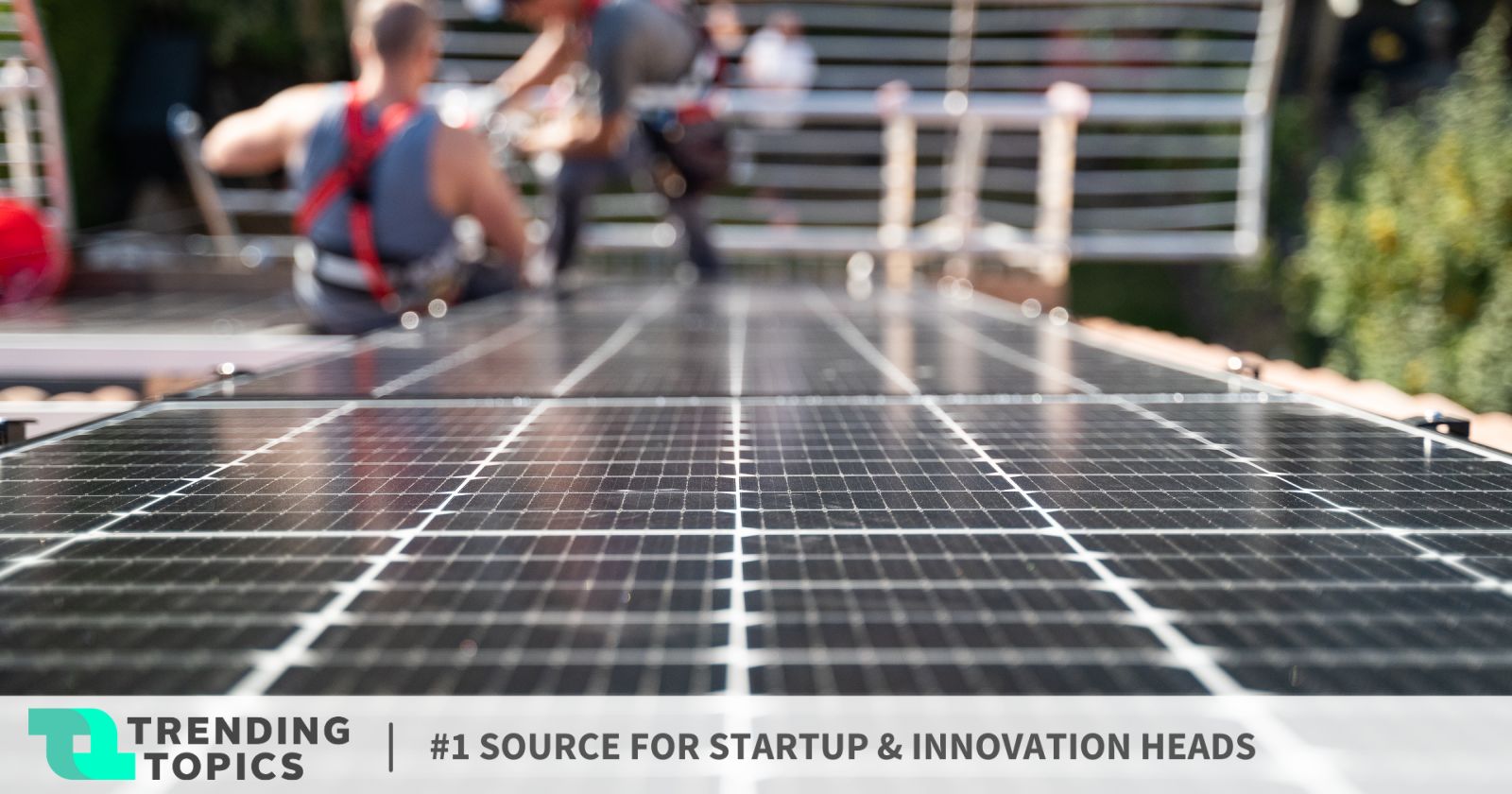Photovoltaics is booming, and the German solar unicorn Enpal is particularly booming, which according to its own statements brought in 2022 to a whopping 400 million euros. According to the GreenTech company, it currently installs around 3,000 new systems per month, which corresponds to more than 10 percent of all monthly new installations in Germany last year. Enpal’s market share is correspondingly large, which, as reported, recently brought the company a valuation of 2.25 billion euros.
However: As reported, Enpal’s pricing model came under criticism. Competitors such as SolarHelden and 1Komma5° accused Enpal of selling overpriced PV systems to customers via the rental model, whereupon the Berliners then reacted again and offered insights into the price model as a defense (Trending Topics reported).
But now there is finally more clarity in the pricing policy of the company around CEO Mario Kohle. Because in addition to the rental model, Enpal now also offers the purchase option. In other words: Instead of paying off a PV system over 20 years, you can now buy it in one go. “Customers can purchase the PV system including storage, without a down payment and at a fixed price. The purchase price is only due when the system is connected to the power grid and actually produces electricity,” says the Berlin company. No deposit is due, it is emphasized.
Enpal defends price model after accusation of overpriced PV systems
Software and electricity meter included
How much does a PV system cost at Enpal? An average system with 10 kWp photovoltaic output and 10 kWh storage costs 26,930 euros at Enpal, with a wall box the package comes to 29,080 euros (net). “The Enpal software is always included. The installation of the intelligent electricity meter by Enpal also takes place at no additional cost,” says the company. This is very cheap, says Enpal. In the current price index of the German Solar Industry Association (BSW Solar), a comparable solar system can be had for an average of 29,290 euros, but then without a wall box, software and meter replacement. The net price indication in Germany is permissible because there has been no sales tax on the purchase of PV systems since January 1, 2023 – in Austria Climate Protection Minister Leonore Gewessler (Greens) would also like to have such a regulation.
The reason for Enpal expanding to the purchase model (the rental model remains the same) is as follows: “We want to offer our customers flexibility and therefore offer the flexible purchase option in addition to the rental model. Many providers require high down payments – from our point of view this is not customer-friendly – we offer flexibility and a purchase option without a down payment,” it says officially.
Taxes and interest favor buying before renting
But it is also a fact that the market for PV systems, like other markets, has undergone clear upheavals. As reported, the smaller Enpal competitor Zolar has completely discontinued the rental model and only has the purchase option. “Due to the tax relief for photovoltaic systems up to 30 kWp that has been in effect since January 1, 2023, customers will benefit from zero percent VAT when purchasing a solar system,” said Zolar. And further: “Due to the currently high interest rate environment and the tax breaks associated with the purchase of a solar system, there will be an adjustment to the rental models in order to remain competitive. We will see a flexibilization of the payment models.” Exactly this flexibilization can now be seen at Enpal.
With the expansion to the purchase model, Enpal is catching up with competitors like Zolar. After all, the goals are also big: by the end of the decade, the company wants to supply one million households with solar energy and become the largest renewable energy community in Europe.
Solar startups: Interest and taxes thwart rental models
